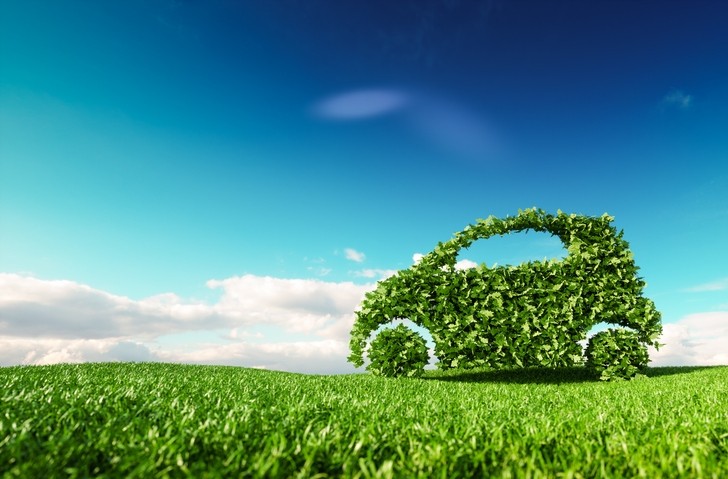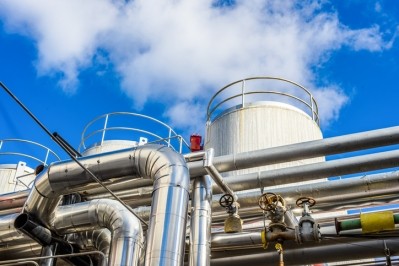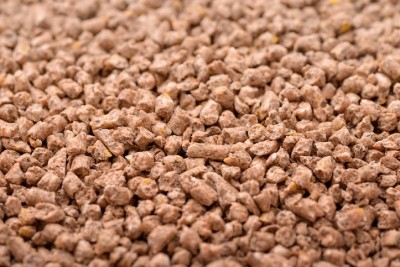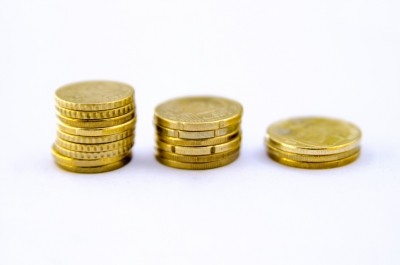It’s a sticky business: Sugar molasses back on EU advanced biofuels list

REDII is undergoing review, a process that is due to be completed in June 2021.
“Unfortunately, and despite evidences provided to the consultants in charge of the review, molasses continue to be identified, not as a food and feed product, but as a waste and residue and will be further investigated against the eligibility criteria established in articles 28 and 29 of REDII,” said the trade groups, which are coming together as the Molasses for Food Alliance on this.
The battle lines have been drawn again, said Anton van den Brink, senior policy manager of EU feed industry representatives, FEFAC, commenting on the issue earlier this month.
The previous attempt to consider molasses as an advanced biofuel in 2018 was shot down by both EU Council and Parliament, he noted.
Even if the fight is back on, it is still at the early stages. “We’re not panicking yet,” he told us.
Advanced biofuels seen as 'remedy'
With growing public pressure against biofuels, and the view they are in competition for land with food crops, a process referred to as Indirect Land Use Change (ILUC), advanced or second-generation biofuels have been often touted as the solution.
Advanced biofuels are supposed to be produced from waste products such as animal manure and bio-waste or agricultural by-products that are not fit for human or animal consumption. The idea is that since there is no food or feed application for these products, their use in biofuel production should not compete with food production.
Fake feedstocks
But molasses, by-products of the sugar refining process, do not fit that criteria, argue the alliance. They have a high nutritional and financial value.
Molasses are the primary ingredient in yeast, which is used to make bread, wine and beer. They are also used in confectionery.
From the feed perspective, molasses can serve as an energy source in animal diets, but they also work as binding agents and can be used to enhance the taste of the feed.
If molasses were further diverted from their current uses to produce even more biofuels, the other industries that use them will be severely impacted, through market distortion effects, stressed the food and feed industry groups.
Such a move would also generate indirect land-use change related emissions, because of the need to increase sugar beet production, argued the coalition.
Moreover, including molasses in Annex IX would divert resources away from the development of truly advanced biofuels made from well-defined waste and residues and which need significant technological investments to get onto the market, they said.
“In line with the Green Deal political agenda to bring society and the economy into circularity, the European yeast, fermentation, brewery, feed, chocolates, confectionery and fine bakery wares industries urge the EC and its mandated consultants not to include molasses in the Annex IX.”















